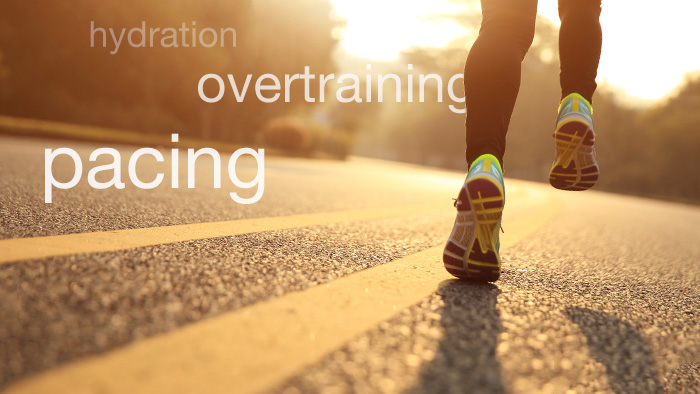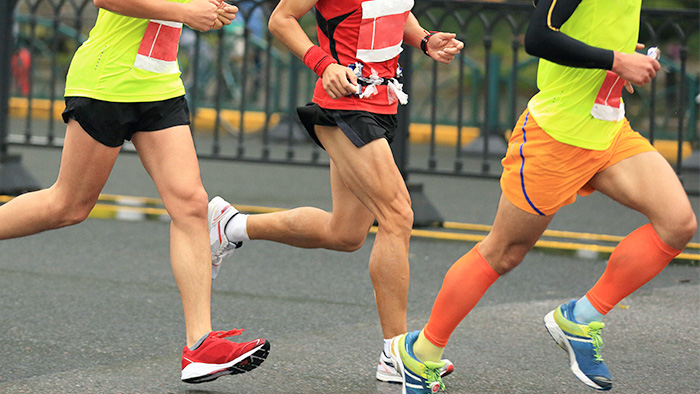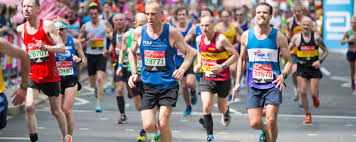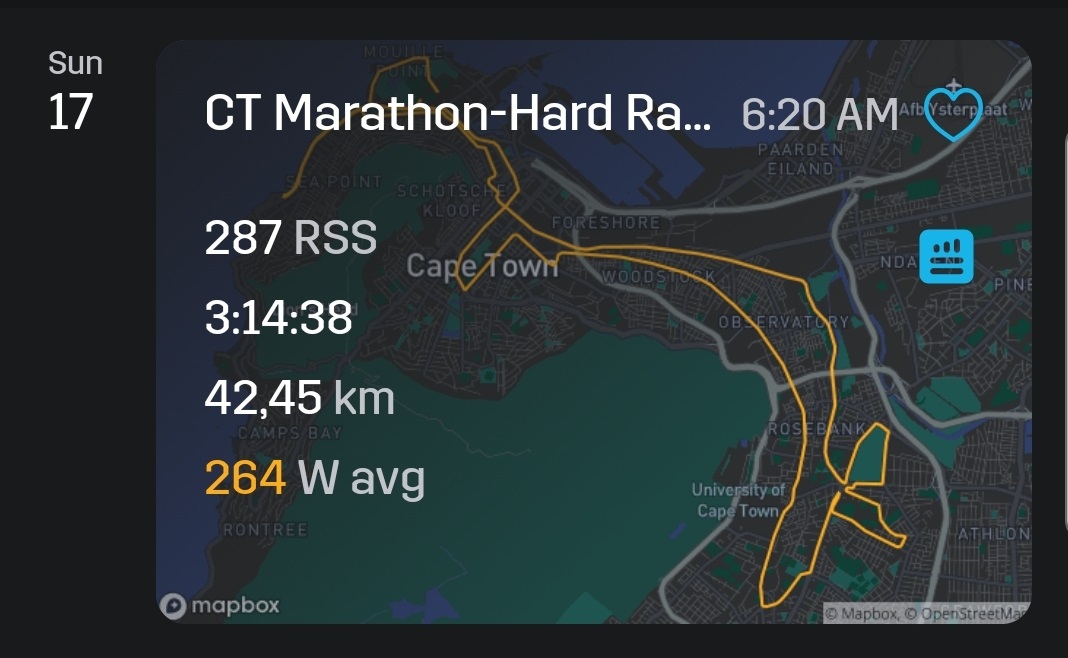Running
Interesting information on Running training and development in the sport

How to Increase your Marathon Mileage
In marathon training, miles matter—but not in the way most runners think!

5 Common Mistakes When Training for a Half or Full Marathon
Training for a full or half marathon takes dedication and discipline, but listening to advice from those who have been through it before can help you avoid mistakes that will hold you back. Allie Burdick has been running for almost 20 years and has her list of top five mistakes to avoid as you prepare to reach your goals.

How To Finally Nail The Proper Running Form
Coach Rob Wilby takes a look at two different approaches to periodizing your training and helps you determine an approach that works for your life and available training time.

Preparing for a Marathon, lets talk shoes
Whether you’ve just signed up for your first marathon or you’re a seasoned regular, buying new running shoes is a time to indulge, safe in the knowledge that you’re going to clock hundreds of kilometers in them.

How to run a marathon with the 10/10/10 method
There’s so much that goes into training for a marathon, but learning how to pace yourself correctly for race day may be *the* most important element. Think about the elites: When they’re running a marathon, the actual racing doesn’t usually start until they’re around 18 to 20 miles in, or digging deep for that last 10K.

Is Running with Power Worth It?
Asking your athlete to invest in a running power meter needs to have solid reasoning behind it. Here’s what run power can tell you about their efforts..

CapeTown Marathon Race Plan & Analysis
As a coach and also an athlete, I first try out all my training plans to ensure that they work! A plan needs to have a build phase, a race specific phase and a suitable taper for the event in mind. This also needs to take into cognisance life as we are not pro athletes and as age groupers have to balace work, family and social life as well as train for an even or a goal.
